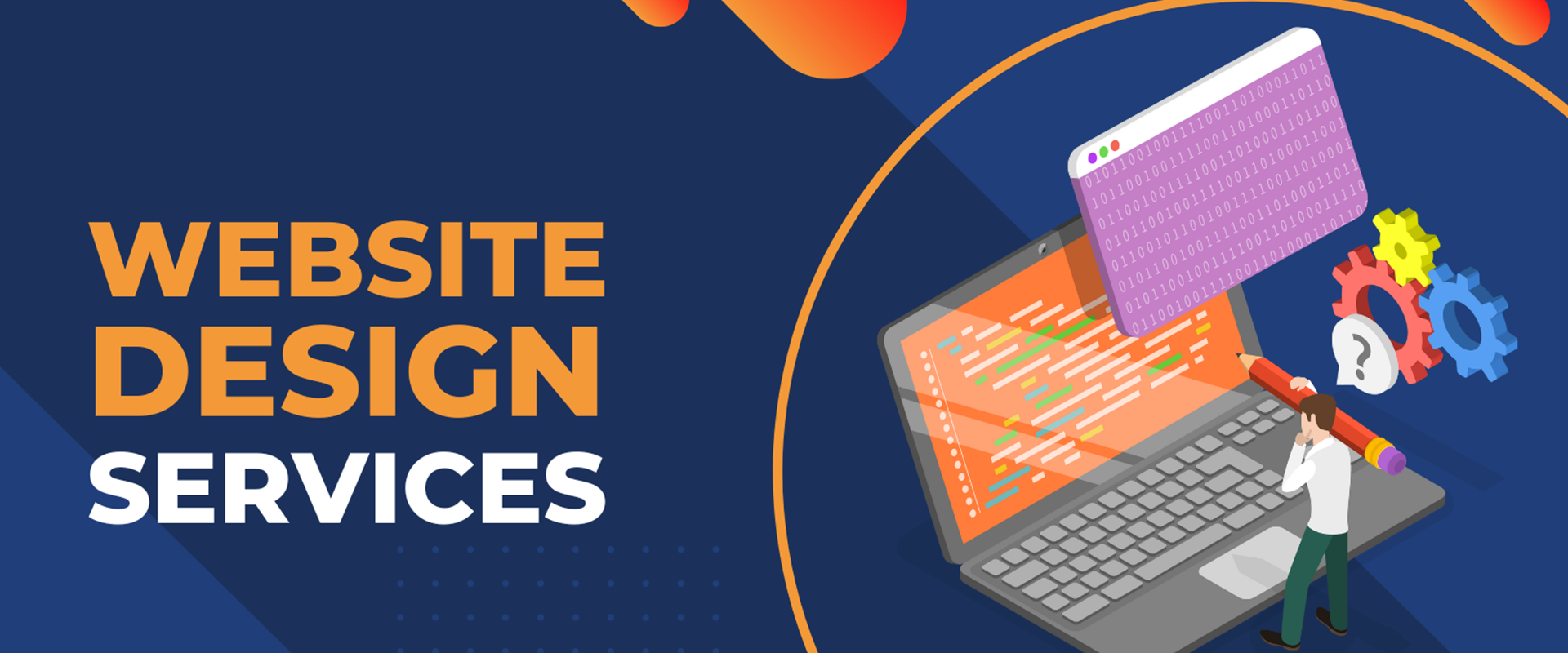Website Design Service
Get online fast with our professional web design services


In today’s fast-paced digital landscape, having a website that is both attractive and functional is critical to business success. Whether you're starting fresh with a new website or looking to update an existing one, an impactful website design makes a strong impression on visitors and helps convert them into customers.
A professional website is your opportunity to build a compelling digital identity from the ground up. Here are key elements to focus on:
1. Enhanced User Experience
2. SEO Optimization
3. Improved Mobile Compatibility
4. Scalability
Both new website design and redesign require a user-first approach, ensuring your site not only looks good but performs well. With the right strategy, your website can become a powerful tool for brand engagement, customer conversion, and long-term business growth.
Creating an effective eCommerce website design involves a combination of visual appeal, user-centered layout, and functionality that drives sales. Here are key elements that make for a successful eCommerce website design:
1. Intuitive User Experience (UX)
2. Responsive Design
3. Clear and Compelling Visuals
4. Effective Product Pages
5. Fast Load Times
6. Easy Checkout Process
7. SEO Optimization
8. Security and Trust Signals
9. Integration with Analytics Tools
An effective eCommerce website design focuses on the needs of the customer, streamlines the shopping experience, and builds a trustworthy brand presence. This holistic approach to design maximizes conversions and strengthens long-term customer relationships.
UI (User Interface) and UX (User Experience) design are central to the success of mobile applications. A well-designed UI/UX not only improves usability but also helps in retaining users by providing a seamless and engaging experience. Here’s a breakdown of what makes effective UI/UX for mobile applications and why it’s so crucial.
Key Principles of Mobile UI/UX Design:
Simplicity
Consistency
Accessibility
Adaptive Layouts
Scalable Vector Graphics (SVGs)
Feedback and Responsiveness
Effective UI/UX design for mobile applications is essential for user satisfaction and retention. By focusing on simplicity, consistency, and user-centered design, and leveraging trends like dark mode and micro-interactions, designers can create experiences that feel intuitive and valuable to users. In a world where users have countless app options, a well-designed UI/UX is a critical differentiator, building brand loyalty and setting an app up for long-term success.
Website development is an essential component of establishing an online presence, helping businesses showcase their services, attract customers, and drive conversions. Various tools and frameworks like PHP, Laravel, WordPress, OpenCart, and Magento offer unique advantages, making them popular choices for developers and business owners alike.
Various tools and frameworks of Website Development:
Custom PHP
Laravel
WordPress
OpenCart
Magento
Choosing the right tool or framework depends on the project requirements, target audience, and business goals. For basic to moderately complex sites, PHP, Laravel, and WordPress are excellent options, while OpenCart and Magento are tailored for e-commerce needs. Using the right combination of these technologies can help create a dynamic, secure, and scalable website that meets the business's unique requirements and provides a smooth user experience.